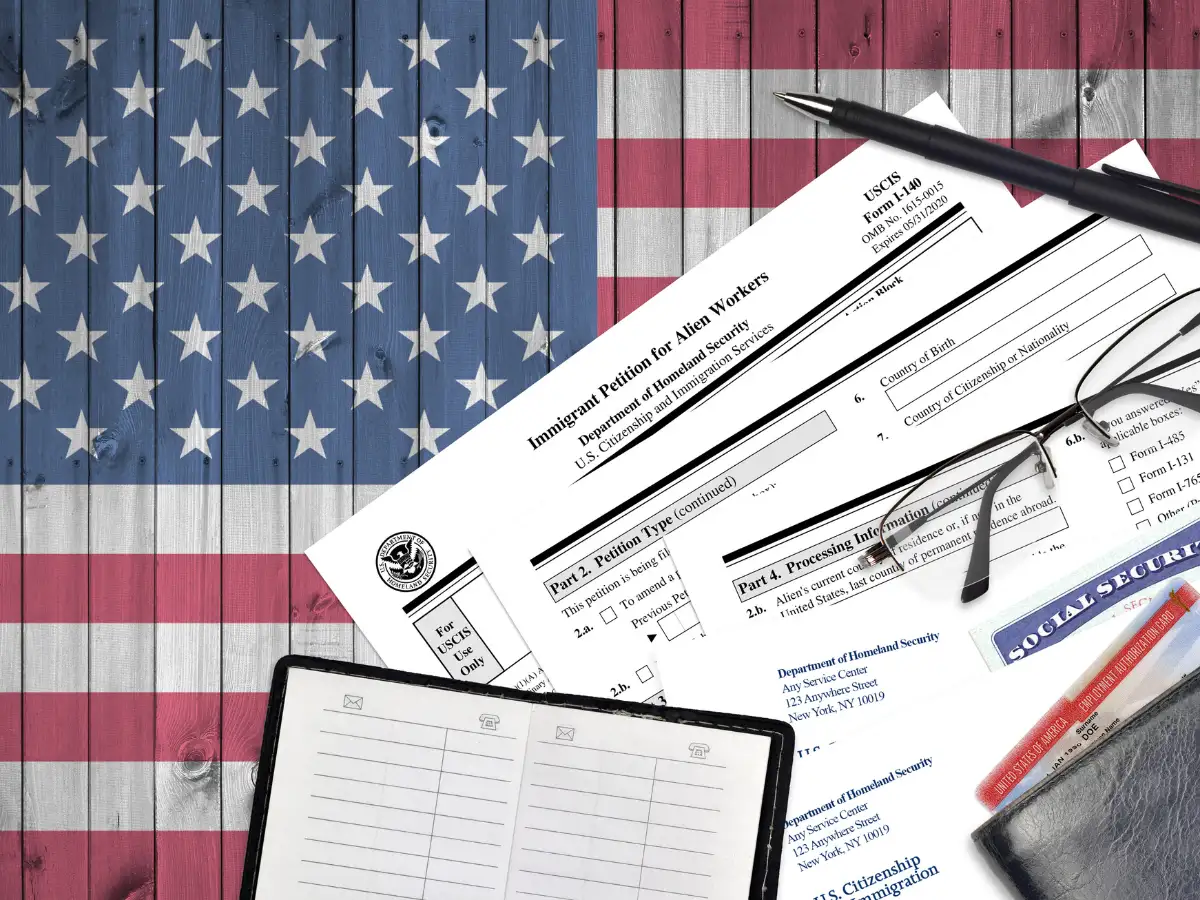USCIS Resumes Neighborhood Investigations for Naturalization Applicants, Ending Decades-Long Waiver
This policy shift introduces a new layer of scrutiny and administrative burden for Green Card holders seeking U.S. citizenship, potentially lengthening processing times and increasing anxiety.

Subscribe to our newsletter and stay informed about latest H1B news, policy updates and and other developments.
Article Summary
USCIS is resuming neighborhood investigations for naturalization applicants, ending a decades-long general waiver. These checks, authorized by the INA, will assess an applicant's residency, moral character, and attachment to the U.S. Constitution, applied on a case-by-case basis. Applicants may now be required to provide testimonial letters to support their eligibility.
Original Article: economictimes.indiatimes.com
[ Sentiment: negative | Tone: factual ]
This summary and analysis were generated by TheNewsPublisher's editorial AI. This content is for informational purposes only; it does not constitute legal or immigration advice.
[ Sentiment: negative | Tone: factual ]
This summary and analysis were generated by TheNewsPublisher's editorial AI. This content is for informational purposes only; it does not constitute legal or immigration advice.
TNP AI: Key Insights
This decision marks a significant departure from previous practice, where neighborhood investigations were largely waived for decades in favor of biometric and criminal background checks. It signals a heightened level of scrutiny by USCIS in assessing an applicant's moral character and allegiance to the U.S. Constitution, moving beyond purely digital verification to more personal inquiries.
For skilled professionals who have navigated the H-1B and Green Card processes, this change introduces additional complexity and potential delays in the final step to U.S. citizenship. Applicants now face increased administrative burden in proactively gathering testimonial letters, and the subjective nature of these 'good order' assessments could lead to longer processing times and increased uncertainty, amplifying anxieties for those striving for permanent residency.




